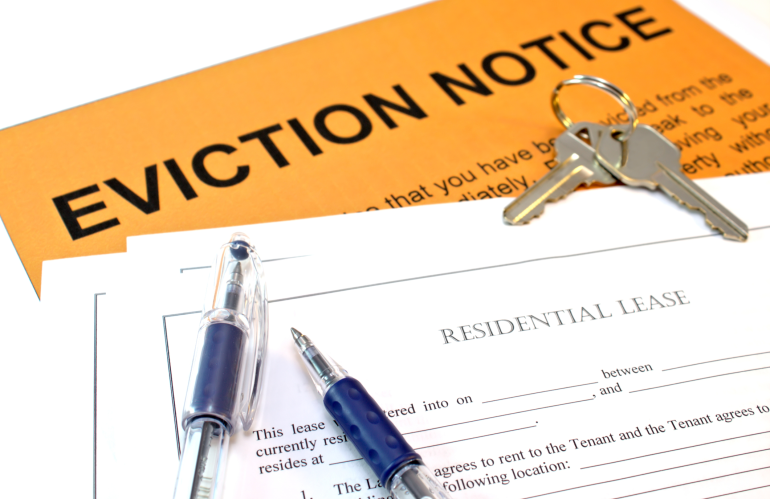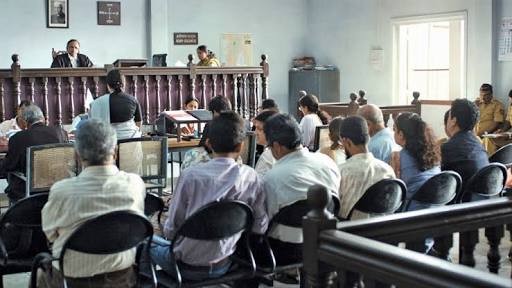Introduction
Facing an eviction can be a stressful and overwhelming experience for any tenant. Whether due to late rent payments, lease violations, or property sale, knowing your tenant rights during eviction is essential to protect yourself from unlawful actions.
In most countries, including the United States, landlords must follow specific legal eviction procedures before removing a tenant. This means you cannot simply be locked out or have your belongings thrown out without a court order. By understanding your rights, you can respond effectively and avoid unnecessary hardships.
This guide will walk you through the eviction process, your legal protections, and practical steps to safeguard your rights.

Understanding the Eviction Process
The eviction process varies by state or country, but it typically involves five main stages:
- Notice to Quit or Pay Rent – The landlord must give written notice explaining the reason for eviction and the deadline to comply.
- Filing an Eviction Lawsuit – If the issue isn’t resolved, the landlord files a formal case (often called unlawful detainer).
- Court Hearing – Both parties present evidence to a judge.
- Judgment – If the court sides with the landlord, a judgment for possession is issued.
- Enforcement – Only law enforcement officers can remove a tenant after a legal order.
📌 Tip: If your landlord skips any of these steps, the eviction may be illegal.
Key Tenant Rights During the Eviction Process
1. Right to Proper Notice
Landlords must give written notice before starting the eviction process. The notice period depends on the eviction reason:
- Nonpayment of Rent: Typically 3–7 days.
- Lease Violation: Usually 10–30 days.
- No Cause Eviction (Month-to-Month Tenancy): Often 30–60 days.
🔗 Related: How to Write a Lease Agreement That Protects Both Parties
2. Right to a Court Hearing
You cannot be evicted without a court order. If your landlord changes the locks or removes your belongings without one, it is considered a self-help eviction, which is illegal in most jurisdictions.

3. Right to Defend Yourself
You have the right to challenge the eviction in court. Common defenses include:
- The landlord failed to give proper notice.
- The eviction is based on discrimination or retaliation.
- The landlord did not maintain habitable living conditions.
4. Right to a Habitable Home
Even during eviction proceedings, landlords must maintain basic living conditions, such as:
- Running water
- Heating
- Safe electrical systems
- Pest-free environment
If these are not provided, you may have grounds to challenge the eviction.
5. Protection Against Retaliatory Evictions
A landlord cannot evict you for:
- Complaining to authorities about unsafe conditions
- Joining a tenant union
- Exercising your legal rights
This protection is recognized in most U.S. states and many countries.
Steps Tenants Should Take When Facing Eviction
Step 1: Review the Eviction Notice
Carefully read the notice to determine:
- The exact reason for eviction
- How much time you have to respond or fix the issue
Step 2: Gather Evidence
Document everything, including:
- Rent payment receipts
- Communication with your landlord
- Photos or videos of property conditions
Step 3: Respond to the Notice
If possible, fix the issue before the deadline:
- Pay overdue rent
- Correct the lease violation
- Negotiate a move-out date
Step 4: Attend the Court Hearing
Never skip your hearing — failure to appear usually results in losing the case automatically.
Step 5: Seek Legal Assistance
Organizations like Legal Aid and Nolo provide free or low-cost legal resources for tenants.
How Long Do Tenants Have Before They Must Move Out?
The exact timeline depends on local laws and the reason for eviction:
- Nonpayment cases: 1–3 weeks after court ruling
- No-fault cases: 30–90 days after notice
- Immediate evictions: For severe lease violations (rare and usually require proof)
What Landlords Cannot Do During Eviction
Landlords cannot:
- Change locks without a court order
- Shut off utilities
- Remove your belongings
- Threaten or harass you
These actions are considered illegal eviction tactics and can result in penalties for the landlord.

How to Protect Your Credit During Eviction
An eviction judgment can appear on your credit report, making it harder to rent in the future. To minimize damage:
- Pay any owed rent before the court date.
- Negotiate a settlement to avoid a court judgment.
- Ask for a “mutual termination” agreement.